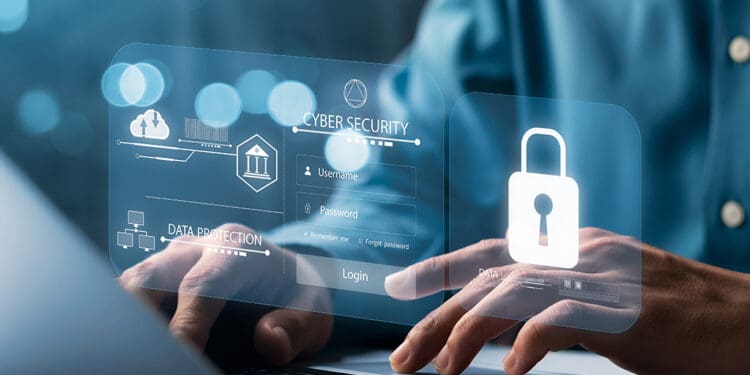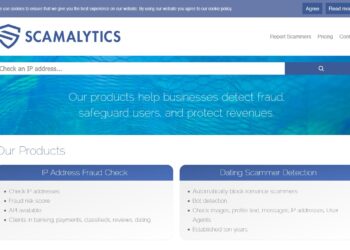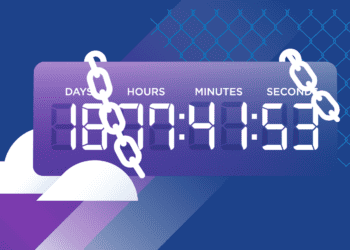Data protection represents an important step in maintaining a secure online experience. Due to rapid technological improvement, our information and devices can get exposed to potential threats.
Furthermore, millions of users worldwide are trying to improve the security of their online data to keep the odds of experiencing harm online to a minimum. However, keeping your data secure can be challenging, as more and more malicious software and data are released on the internet daily.
As data protection is often a priority for every internet user who shares their data online, we’ve decided to help you with a couple of tips for keeping your data secured and undamaged.
Importance of protecting your digital privacy
Almost anyone has access to the internet and can share their data online, but not everyone understands how little it takes to experience harm along the way. However, keeping your data private is not always easy, and it requires some knowledge of online data protection.
Digital privacy has slowly but surely become a worldwide standard, especially in companies that rely on the internet. Nevertheless, there are many ways for malicious content to harm your digital privacy and damage and steal your data.
Let’s face it – you probably have some second thoughts when entering your card number, location, and phone number to purchase something. Therefore, keeping your online data secure is necessary if you want a pleasant online experience.
Data backup is key
As old-school as it seems, backing up your data is one of the best ways to prevent it from being harmed. Therefore, creating a good backup strategy is necessary to keep your information secure if it ever gets damaged online.
Data backup is always a winning solution, as malicious activity can affect your data when you least expect it. And although it may take a lot of your time, we advise you to do the clever thing and store data safely.
Thankfully, developers have worked hard for many years to deliver easy backup techniques that can store our data in the best possible way. Therefore, data backup is possible in various ways:
- USB flash drive
- External hard drive
- Optical media (CDs and DVDs)
- Online backup service
- Cloud backup etc.
Use antivirus software on your computer
Although malicious activities were way more active a decade ago, they are still present and can severely harm your data and devices. Consequently, you can risk your information getting stolen or abused in many ways.
You can easily import malicious content into your system by clicking links you may get in your emails or downloading unsecured files. Antivirus software acts like a shield for your computer and data, and it can let you know if it notices any suspicious malware activity along the way.
Antivirus software can take care of the files that enter your computer system. If you want to avoid losing your data due to a virus entering your system, we advise you to get antivirus software.
Protect your web browsing experience
You can also protect your data by putting effort into protecting your web browsing experience. Web browsers are just a channel we use to connect to the internet, but they may also be the doorway to potential harm.
One of the ways to protect yourself while web browsing is to get a Virtual Private Network (VPN) or a proxy server. These solutions can help you mask your IP address and lower the chance of anyone tracking your location and data. However, a VPN for PC has more benefits, like encrypting your internet traffic. Thus, it reduces the chances of having your data leaked online.
Also, we advise you to double-check what you click on and download to your computer. Sometimes, even the smallest file you download can severely damage your system, so always keep your eyes open.
Put more effort into securing your online accounts
Today, most people have social media, gaming, and purchasing accounts they use daily. You might have experienced a site telling you to set a strong password with capitalized letters, numbers, and signs – and there’s a good reason.
If you don’t secure your online accounts, different malware infections can access your account to gather your data and abuse it along the way. That’s why we want to encourage you to turn on your log-in activity notifications and keep your passwords strong.
You can also secure your account by adding additional personal questions you will need to log in and even keep track of any suspicious activity that may have happened to your account. You can always check such information online if you’re curious whether any of your accounts have ever been compromised.
Conclusion
Although many people take malicious activity for granted, cyber threats exist, and the faster we get aware of them, the quicker we can work our way up to securing our system data. Although finding the perfect protection solution may not be easy, taking care of your data’s security is necessary.
We hope this article helped you understand the importance of protecting your digital privacy and keeping your system virus-free.






